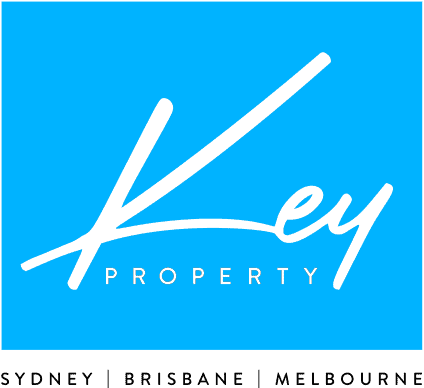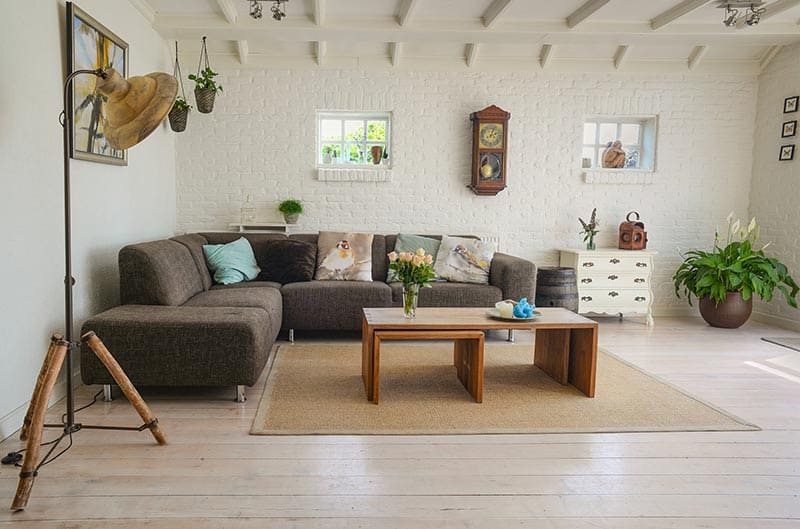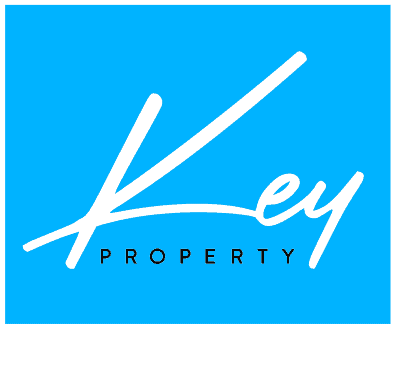1. Carefully consider what you can really afford
Before you start looking at property or even areas, make sure you know how much you can afford. Many think this is looking at the maximum you can borrow, but we advise you to consider the maximum you’re prepared to pay each month.
The cost of maintaining a home and a home loan may affect your monthly budget more than rental payments do. This can be due to the many associated costs of owning a home, like council and water rates, maintenance and insurance.
Set out a budget with your home loan repayments and costs in mind and live on your new budget for three months – remembering to put away a sum every month for maintenance, just to really see if it is manageable with your current income and circumstances. If not you may need to adjust your budget and what home loan repayments you’re okay with.
If you’ve got your deposit saved, don’t forget the other upfront costs in purchasing a property including stamp duty, pest and building inspections, valuation and conveyancer fees. Be sure to factor these into your workings as they can run into the thousands.
Once you have these bases covered, then apply for pre-approval. You can look at property stress free, knowing exactly what you can afford rather than getting stuck in a situation you find uncomfortable.
2. Research more than you think you need to
You can never be too informed when it comes to purchasing a home. It’s important to take your time to absorb as much information as possible about the suburbs you’ve set your eyes on.
Start researching well ahead of your purchase and spend time looking into property prices and trends in your desired location. Core Logic, Realestate.com.au and Domain are good places to start. Checking reviews on homely.com.au will provide you with good honest opinions from people who already live in the area in relation to experience, demographic, schools, and more.
Attend open homes and spend time talking to the agents to get an idea of what is happening in the area. Your mortgage broker should have some great experience and advice about how properties are valued (for your loan) so that you can understand how that can differ from the list price.
3. Location really is key
We’ve all heard it before but it begs saying again, location is important not just for your own living preferences but also for the resale value in years to come.
Consider local amenities; those that are there now or planned for the future. Are there train or bus services? Where is the closest shopping centre or local shops? What are the education and recreational facilities like? Consider the level of quality of the community design including parks and play equipment. Think about what you need now and into the future.
Look around the street and neighbours to see the type and style of houses that surround the ones you’re interested in. Are people house proud, renovating and even rebuilding? This is a good sign people like the area and want to stay there. Also consider outlooks and views to think if they could be blocked or obstructed with neighbouring construction in the future.
Visit the area at different times of day, morning, afternoon, evening and night. You’ll get a good sense of what it’s like to live in that location, the level of noise, traffic and activity.
4. Conduct your due diligence
It can be very easy to find a property you love and get carried away with excitement. However, make sure there are no nasty hidden surprises. Smell for mould, and animal-related odours. Knock on walls to see if they sound hollow. Open doors and cupboards. Don’t hesitate to ask to view an attic or basement – you never know if pests are living in there. A pest and building inspection is usually undertaken by you to check the areas you cannot.
Does the toilet flush properly? Does the heating/air-conditioning work? Is the flue working above the fireplace? Is the water pressure okay? Do the appliances work? Does the studio out the back have council approval? All of these things may give you an indication of the state of repair and how much you may need to spend upon purchasing the property or in negotiating on the price.
Ask as many questions as you need to feel comfortable in moving forwards.
5. Work with experienced professionals
This is your biggest ever purchase! So be sure to surround yourself with experts. Hire the most thorough, licensed home inspector you can find to pinpoint any issues that could potentially end up becoming costly repairs. Ask friends and family who they have worked with and would refer and check google reviews.
Work with a mortgage broker with a good reputation who will work hard to ensure your finance is structured to meet your needs. Consider talking to a financial adviser about the realities of home ownership and creating a budget. It’s also a good idea to make sure your conveyancer is not also representing the seller.
If you know people who have recently purchased, talk to them about their experiences so you know what to look for and what to look out for.
If you take these 5 key points into consideration (and follow them), the process of buying a home should be a good one with no hidden surprises.
At Asset Advantage we’re here and ready to assist you with your purchase journey whether it be to live in, or invest.
To book obligation free chat to help you achieve your property goals, just click the button below and we’ll be in touch.




